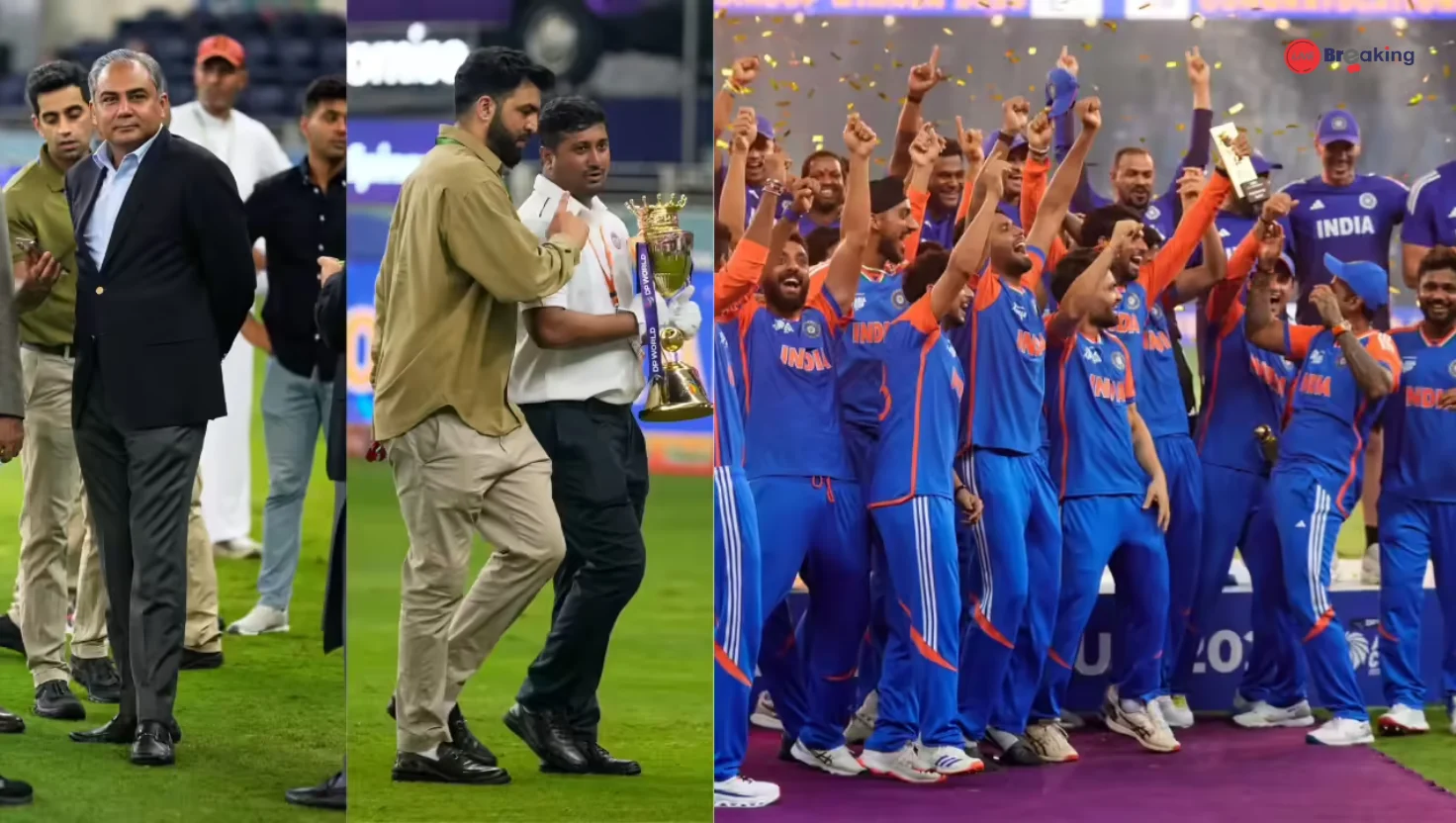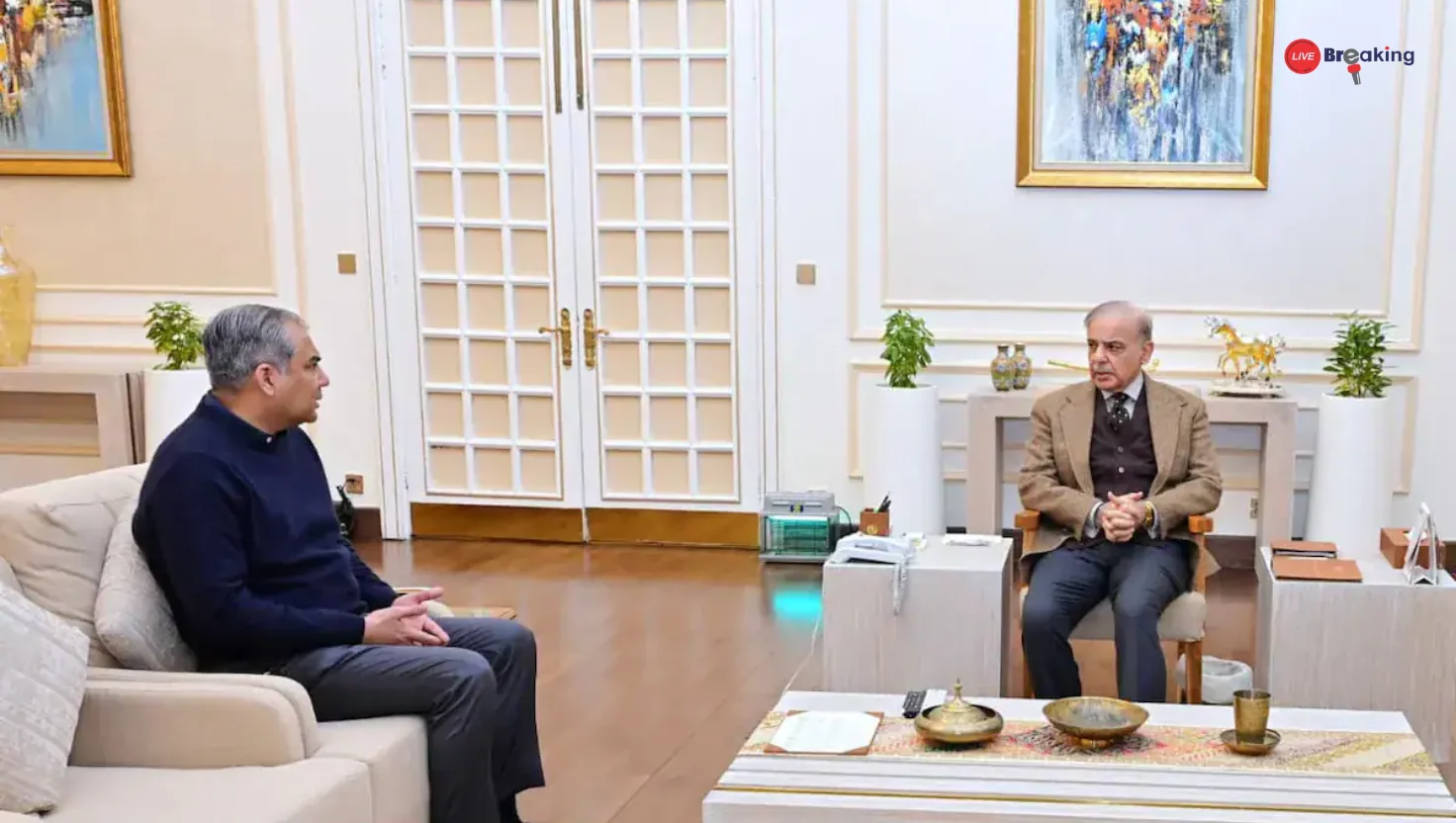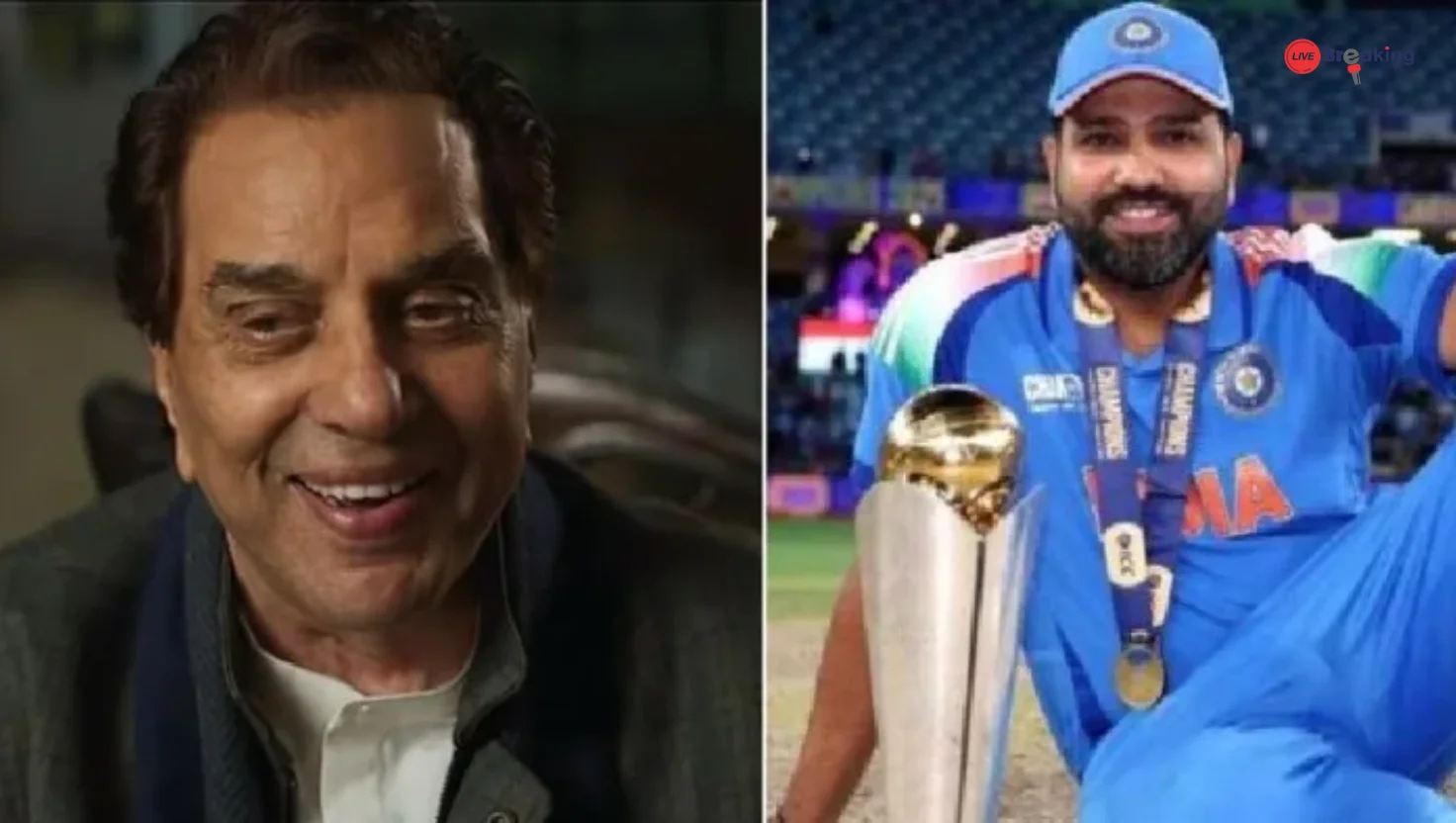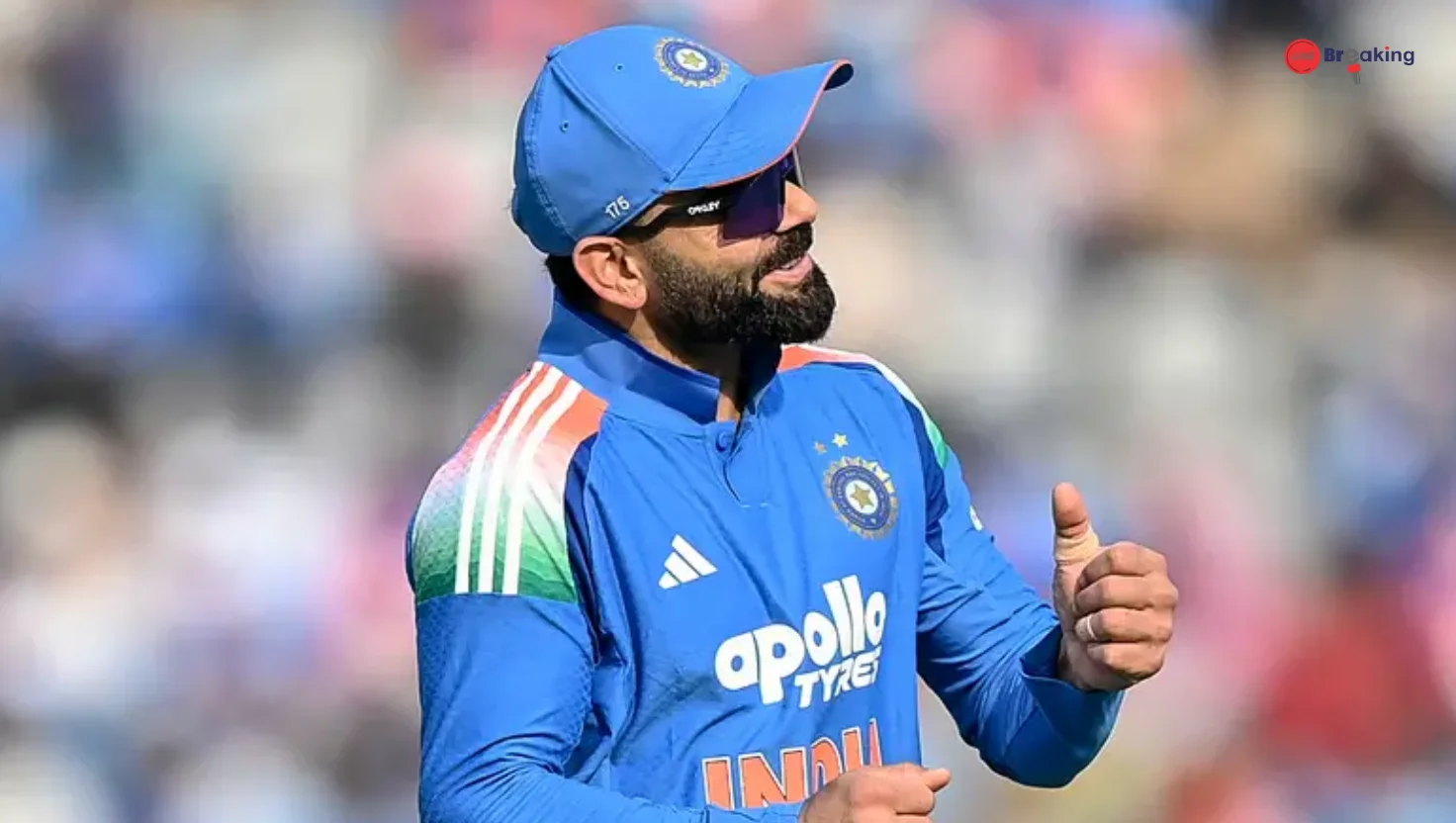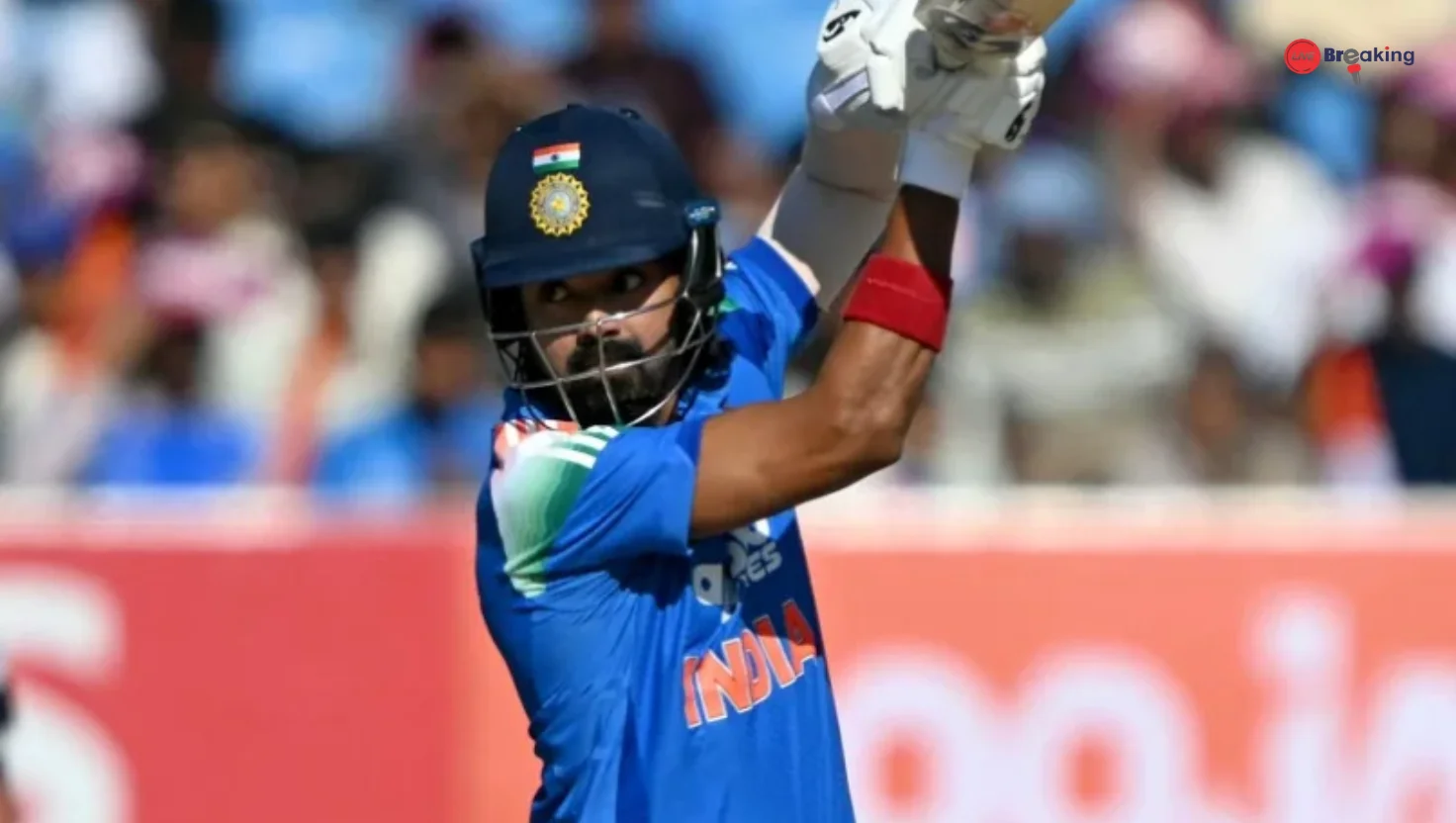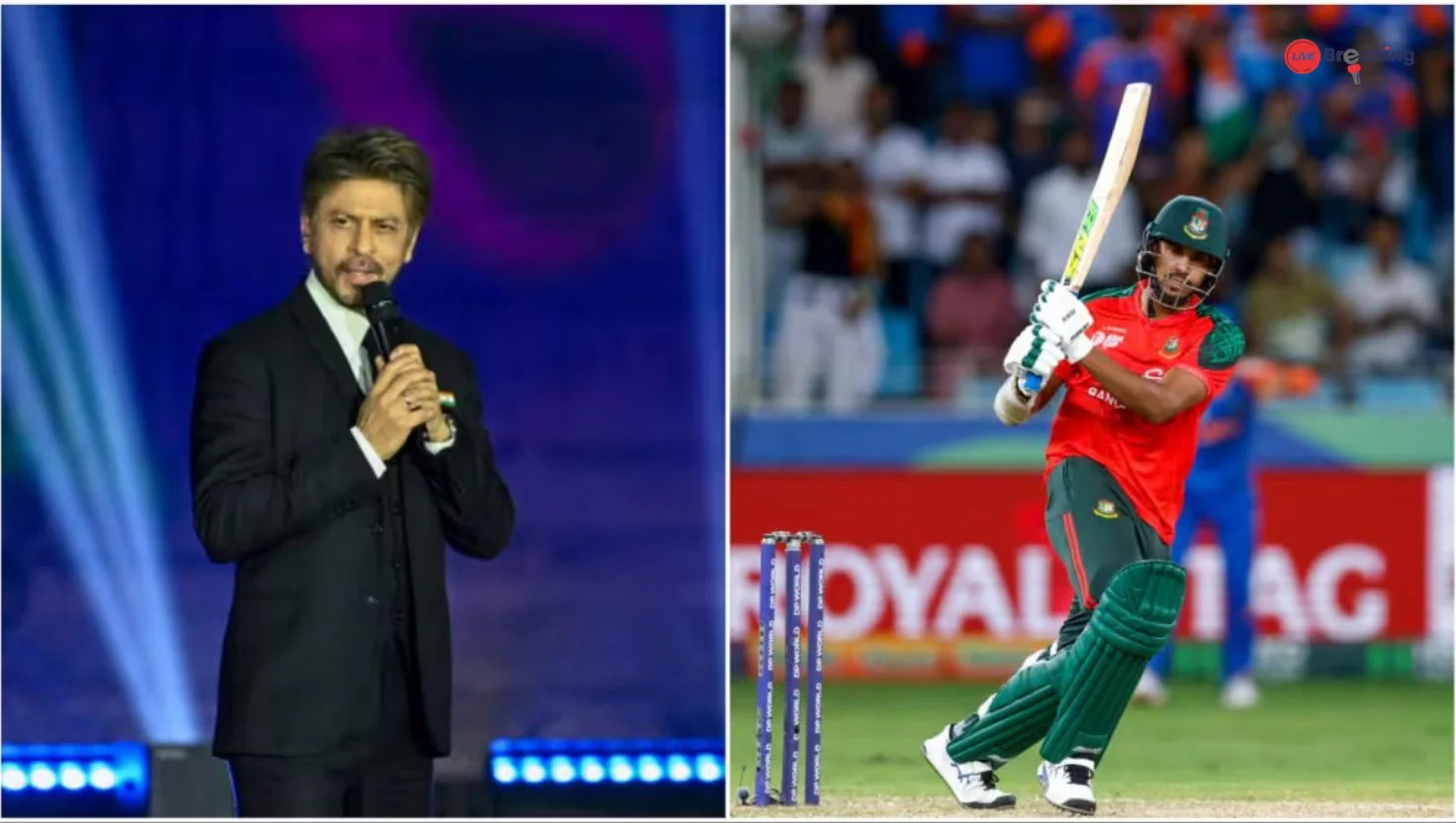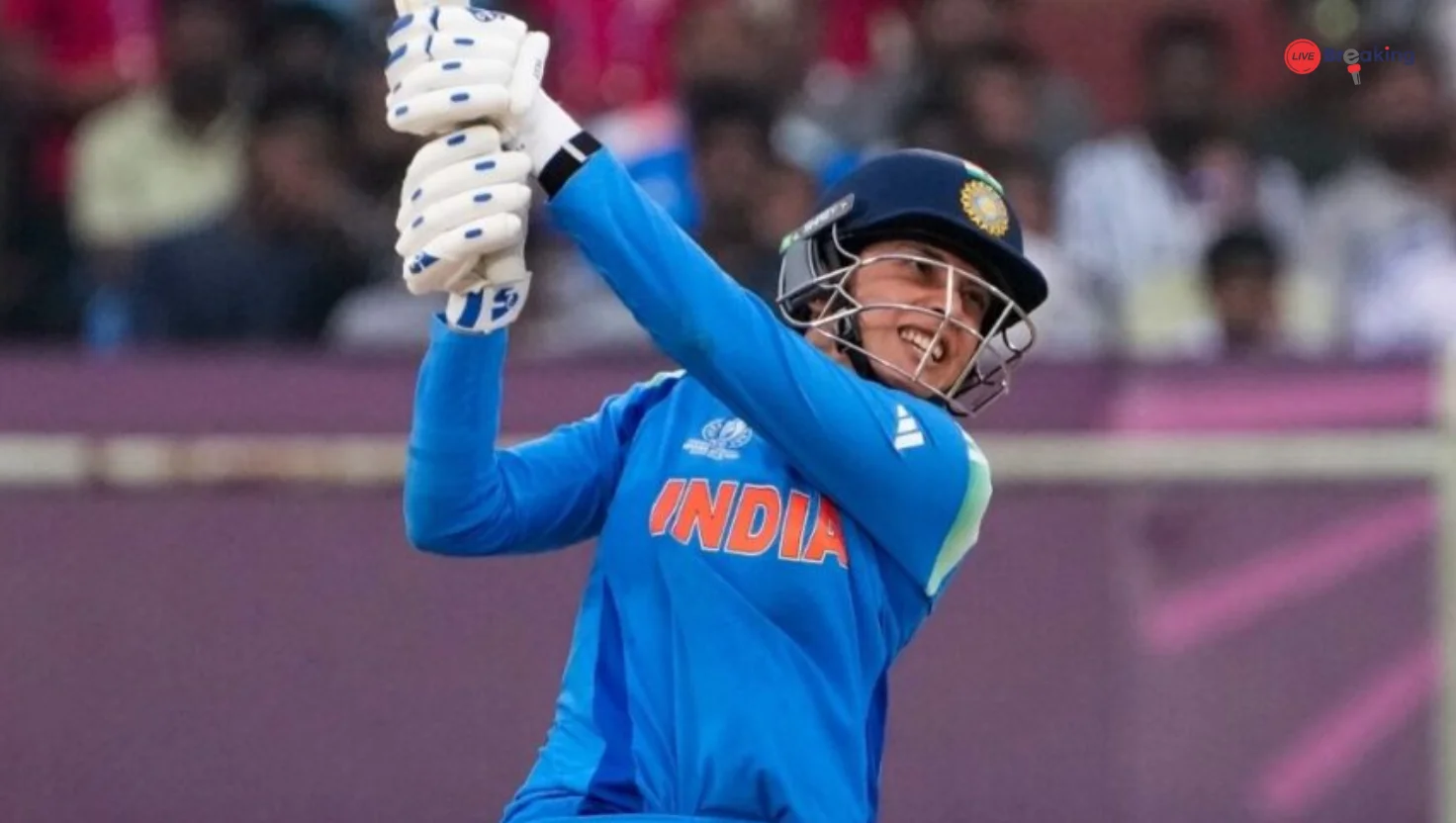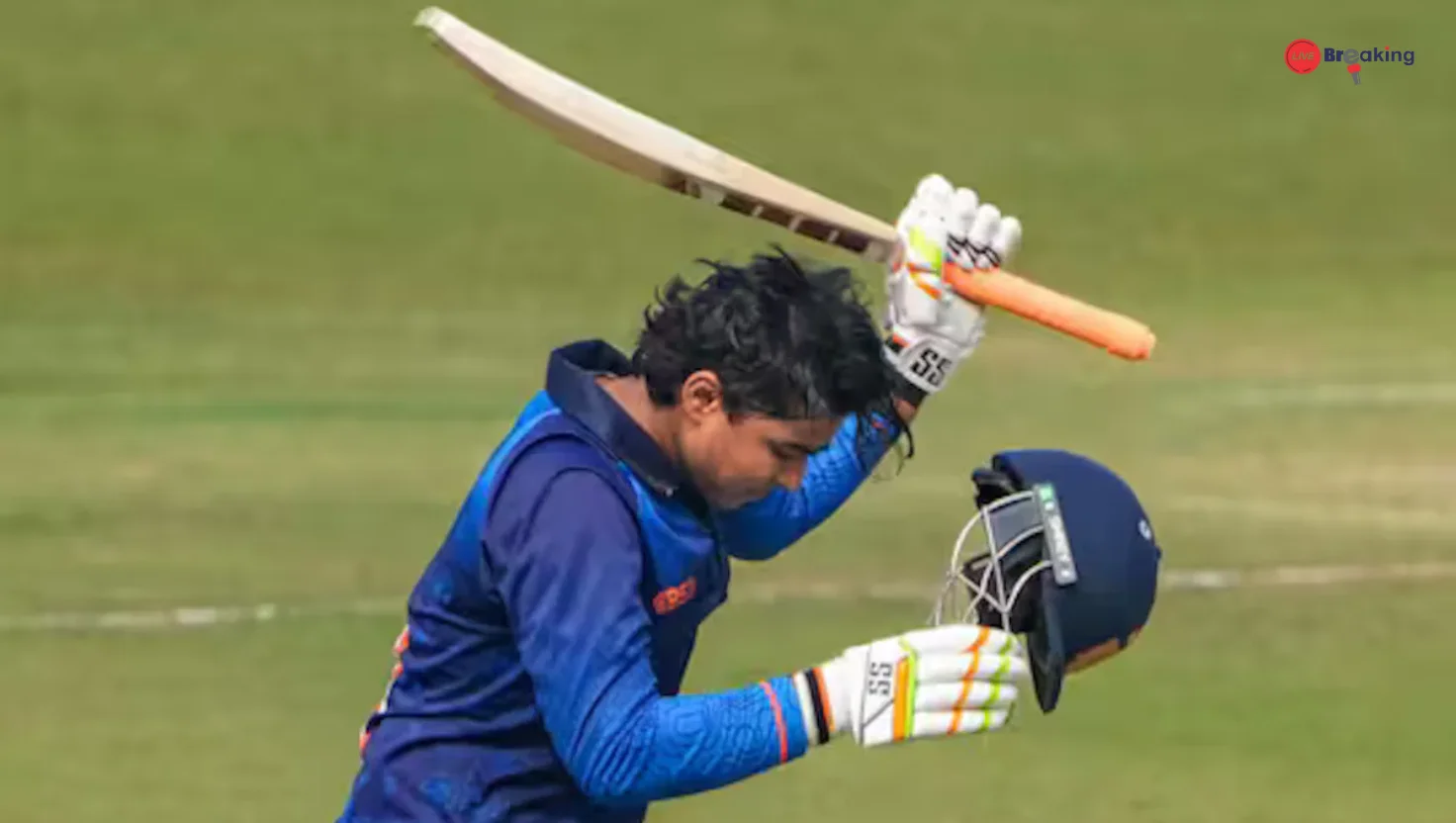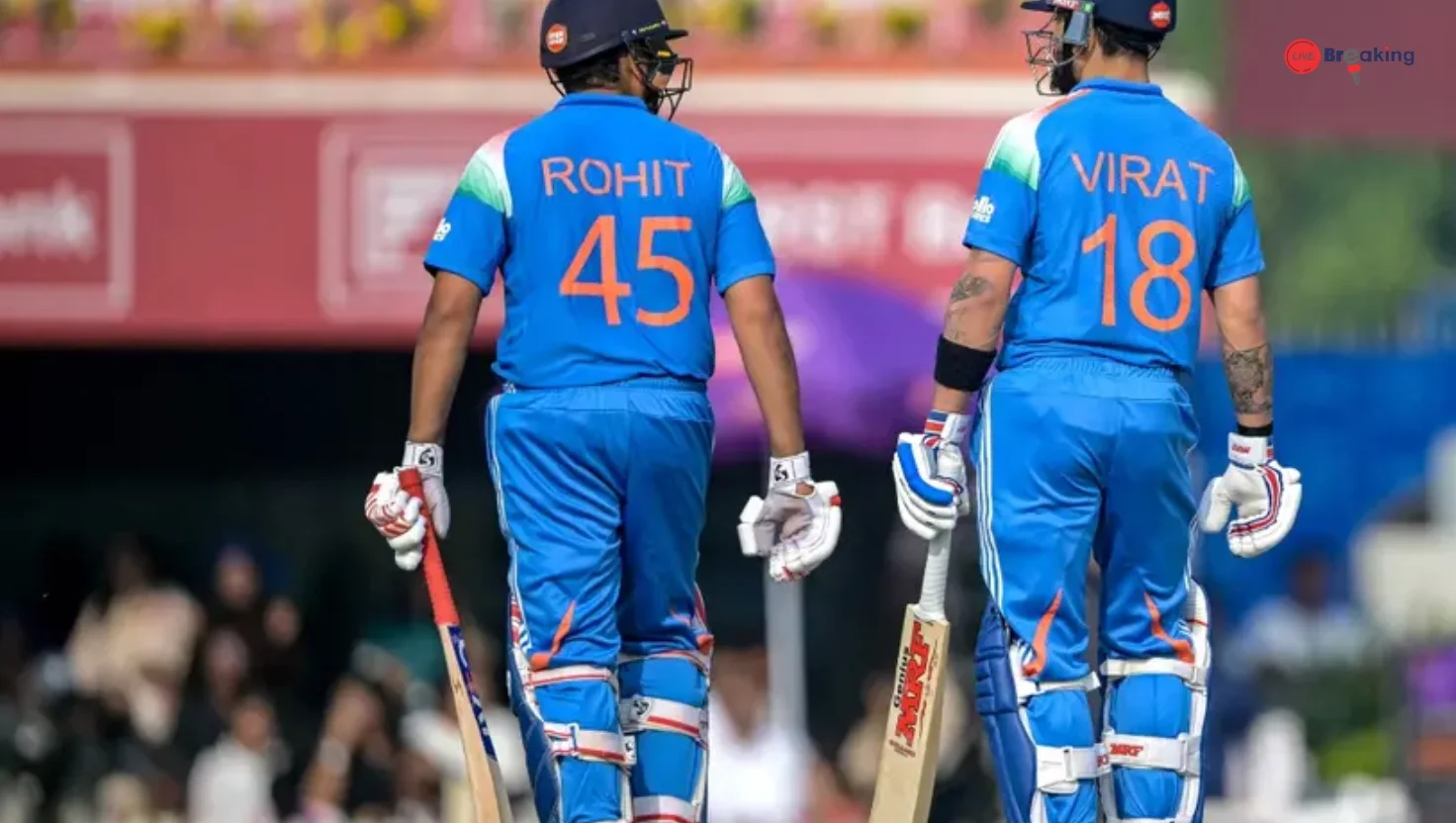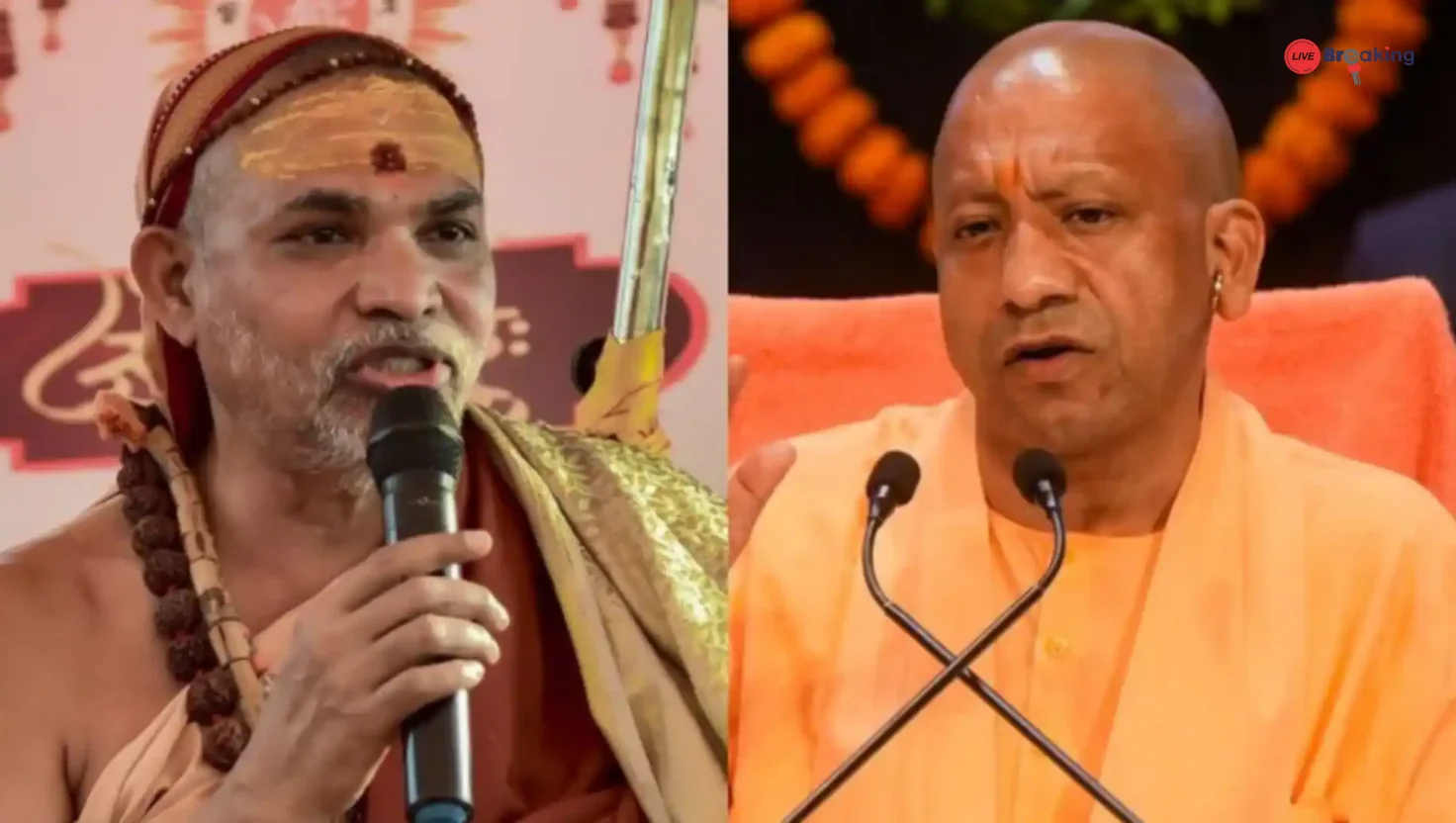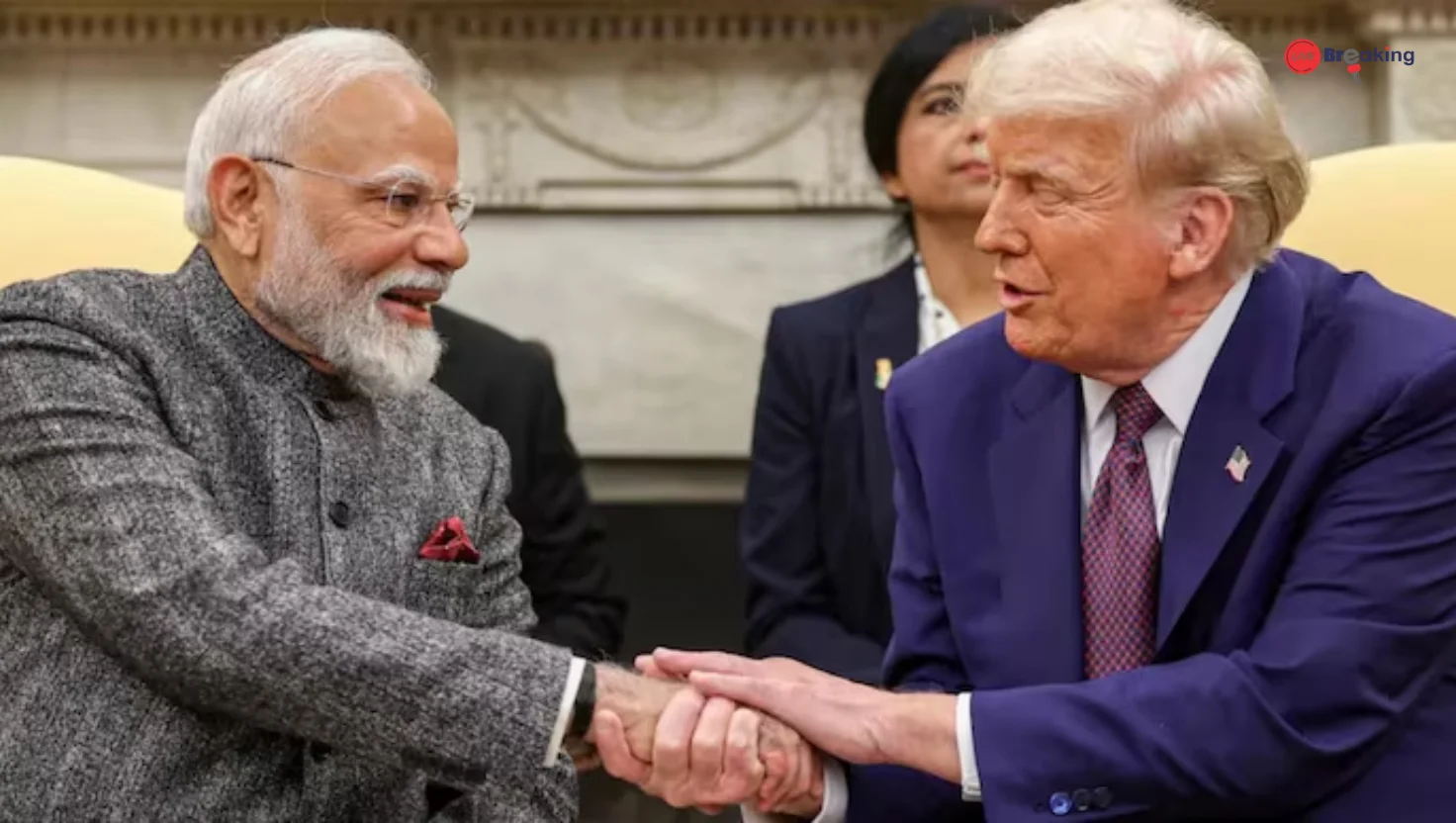Trophy Drama: PCB Chief Mohsin Naqvi Storms Out After India’s Boycott, Takes Trophy With Him
Trophy Drama: Cricket, often called a gentleman’s game, has once again been overshadowed by political friction and emotional flare-ups. The recent episode involving Pakistan Cricket Board (PCB) Chairman Mohsin Naqvi has turned into a spectacle that fans and officials alike are debating across both countries. What was meant to be a symbolic trophy presentation ended with the PCB chief storming out, clutching the trophy in hand, following India’s boycott of the event.
The Flashpoint
The controversy unfolded during a scheduled trophy unveiling ceremony intended to bring cricketing nations together. India’s decision to boycott the event was not entirely unexpected, given the ongoing political tensions and the strained history of bilateral cricket ties. However, what caught everyone off guard was Mohsin Naqvi’s visibly furious reaction.
Eyewitnesses recount how the atmosphere shifted as soon as it became clear that India would not participate. Instead of quietly proceeding with the ceremony, Naqvi reportedly walked to the stage, lifted the trophy, and stormed out, leaving organizers, players, and media stunned. The dramatic exit immediately sparked heated discussions and raised questions about professionalism, diplomacy, and cricketing etiquette.
India’s Boycott: The Root Cause
India’s absence was tied to longstanding disputes that have spilled onto the cricketing field. Security concerns, political standoffs, and cross-border rhetoric have repeatedly blocked bilateral cricket. In this instance, India’s refusal to attend was seen by Pakistan as another snub—one that hit harder because it came during an event designed to project unity.
For Indian officials, the decision was consistent with their policy of limiting cricket engagements with Pakistan. Yet the timing was symbolic: by not attending, India sent a clear message of non-cooperation, which many in Pakistan interpreted as disrespect toward their board and leadership.
Naqvi’s Walkout: Protest or Overreaction?
While many sympathize with the frustration felt by the PCB, critics argue that Naqvi’s public outburst only deepened the divide. Walking away with the trophy was seen by some as a theatrical gesture, an attempt to seize control of the narrative. To others, it was an undiplomatic move that embarrassed not only the PCB but also the wider cricketing fraternity.
Read more: Supreme Court Bench Highlights Human Limits While Hearing Urgency Request
Supporters of Naqvi, however, defend the action as a justified protest. They argue that India’s consistent refusal to participate in Pakistan-hosted events has cornered the PCB into a defensive position. In their view, Naqvi’s act was less about petulance and more about making a statement—that Pakistan will not quietly accept perceived disrespect.
Fallout and Reactions
The fallout has been swift. Social media platforms erupted with divided opinions. Pakistani fans praised Naqvi for standing firm, while Indian supporters mocked the walkout as immature. Neutral voices, including cricket commentators, expressed disappointment at how a sport that unites millions was again overshadowed by politics.
Board-level officials in other cricketing nations have also been cautious. Some emphasized the importance of maintaining decorum, pointing out that administrators must model restraint, not impulsive behavior. Others highlighted that cricket diplomacy is already fragile and such incidents risk further isolating the sport from its broader mission of fostering goodwill.
The Bigger Picture
This controversy is not an isolated event—it is the latest chapter in a long history of cricket disputes between India and Pakistan. Bilateral series have been absent for years, and matches between the two sides are now confined to global tournaments where they draw massive audiences but also heightened tension.
Read more: 100% Tariff Shock: Trump Targets Pharma Imports, India’s Exports at Risk
The trophy walkout, while dramatic, underscores the fragile state of cricketing ties. What was supposed to be a routine ceremonial gesture has instead become a symbol of deep mistrust and fractured communication. For fans on both sides of the border, it is yet another reminder that cricket is rarely just about cricket when it comes to India and Pakistan.
What Lies Ahead
Looking ahead, the incident raises questions about whether cricketing diplomacy can be salvaged. Can cricket administrators set aside political baggage to preserve the spirit of the game? Or will such confrontations become the norm, with trophies and tournaments serving as battlefields for larger national rivalries?
For now, the image of Mohsin Naqvi storming off with the trophy remains etched in the public imagination—an emblem of pride, protest, and pettiness all rolled into one. Whether it will push both boards closer to dialogue or drive them further apart remains to be seen.
What is clear, however, is that cricket, once again, finds itself caught in the crossfire of politics, personalities, and national pride. The game deserves better, but for the moment, drama has stolen the spotlight.

